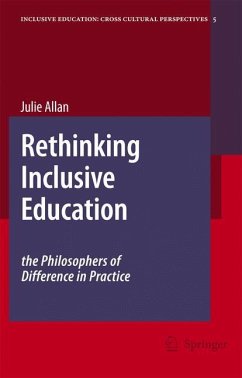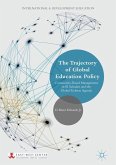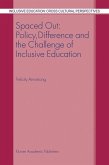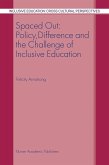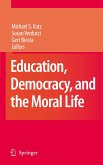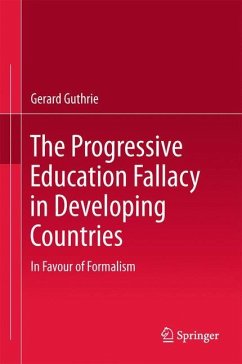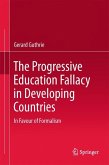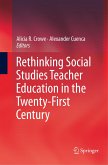One of the important responsibilities that advocates of inclusion need to continually practise is that of self-criticism. This includes examining and re-examining the assumptions informing our perspectives, the concepts that we use including 'inclusive education' and our intentions, especially in relation to the question of change. We need to beware of the danger of unexamined orthodoxies, the possibilities of ado- ing inclusive language with little, if any, changes in our thinking and practice and a sterile and insensitive position with regard to the pursuit of new or alternative ideas. In this very important book, Allan powerfully reminds us of the necessity and centrality of these concerns and provides a direct, perceptive and thoughtful, exami- tion and critique of the varied barriers to the task of how to make inclusion happen. Allan challenges the reader to step back and re-examine the rationale for inclusion through an alternative mindset. She challenges the varied attacksupon inclusion including those in the education business to stop using economic (it costs too much) and pedagogical (it is bad for the other children in the class and traumatic for the disabled children) and social (just too much for the teacher's workload) reasons for closing the door and doing the right thing, and those who argue that inclusion was an experiment that did not work.

